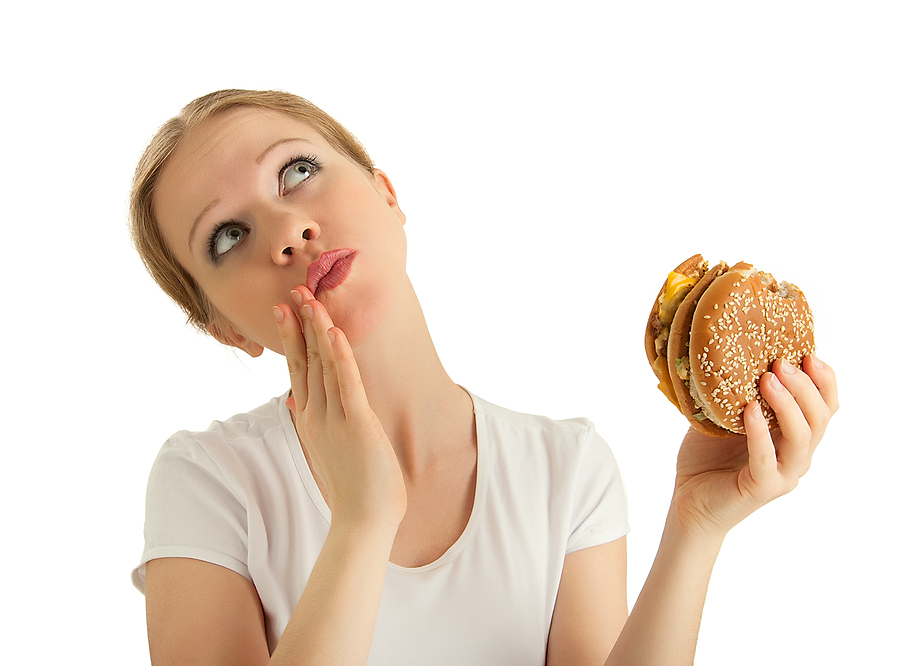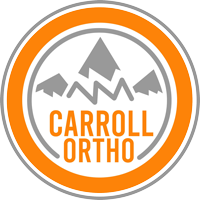Foods To Avoid
Orthodontic treatment, particularly braces, is a transformative journey that can significantly enhance your smile and overall dental health. However, the success of your orthodontic treatment is not solely dependent on the braces themselves but also on the choices you make during the treatment process. One crucial aspect of maintaining your braces and ensuring the best results is to be mindful of the foods you consume. Certain foods can damage your braces, prolong your treatment, or cause discomfort. At Carroll Orthodontics, we understand the importance of proper dietary choices and are here to guide you through the types of foods you should avoid to ensure a smooth and successful orthodontic journey.
Why Food Choices Matter
Foods that are hard, sticky, or chewy can pose significant risks to your braces and overall oral health. Eating these foods can lead to broken brackets, loose wires, and other issues that may require additional orthodontic visits and prolong your treatment time. Additionally, some foods can contribute to poor oral hygiene, increasing the risk of cavities and gum disease. By making informed dietary choices, you can protect your braces, maintain good oral hygiene, and achieve the best possible results from your orthodontic treatment.

Foods to Avoid with Braces
Hard Foods
- Nuts and Seeds: Nuts, seeds, and nut-based snacks can be particularly damaging to braces due to their hard texture. Biting down on nuts or chewing seeds can lead to broken brackets and wires. Opt for softer snacks that are less likely to damage your orthodontic appliances.
- Hard Candy: Candy like lollipops, jawbreakers, and other hard sweets should be avoided. The hard texture of these candies can break brackets and wires, and their sugar content can contribute to tooth decay.
- Ice: Chewing on ice cubes may seem harmless, but it can cause damage to your braces and teeth. The hardness of ice can lead to broken brackets and discomfort.
Sticky Foods
- Chewing Gum: Sticky gum can become entangled in your braces, making it difficult to remove and potentially causing damage. Additionally, the sugar in gum can contribute to plaque buildup and cavities.
- Caramel and Toffees: Caramel, toffees, and other sticky candies can adhere to your braces and be challenging to clean off. The sticky residue can also increase the risk of plaque buildup around the brackets.
- Peanut Butter: While peanut butter is a healthy spread, its sticky texture can get caught in your braces and be difficult to remove. Opt for smooth spreads or alternative snacks.
Chewy Foods
- Bagels and Hard Rolls: Chewy breads, like bagels and hard rolls, can be tough on your braces. The intense chewing required can put stress on the brackets and wires, potentially leading to damage.
- Pizza Crust: While pizza itself can be a great meal, the crust can be tough and chewy, posing a risk to your braces. If you enjoy pizza, choose a softer crust or cut the pizza into smaller, manageable pieces.
- Licorice: Chewy candies like licorice can be particularly problematic due to their stickiness and the effort required to chew them. This can strain your braces and lead to discomfort.
Sugary Foods and Drinks
- Soda and Sports Drinks: Sugary beverages like soda and sports drinks can contribute to plaque buildup and cavities, which can be exacerbated by braces. The high sugar content also provides fuel for bacteria that can cause oral health issues.
- Candy: Candies that are high in sugar can stick to your braces and create a breeding ground for harmful bacteria. This can lead to tooth decay and other oral health problems.
- Sweetened Breakfast Cereals: Many breakfast cereals are high in sugar, which can contribute to plaque buildup and cavities. Choose low-sugar or sugar-free cereals, and always brush your teeth after eating.
Foods That Can Cause Discomfort
- Spicy Foods: Spicy foods can irritate the gums and the inside of your mouth, especially when your braces are adjusted. If you have sensitive gums, it may be best to avoid very spicy dishes.
- Acidic Foods: Citrus fruits, tomatoes, and other acidic foods can exacerbate irritation in the mouth and may contribute to discomfort, especially if you have sensitive teeth or gums.
- Crunchy Vegetables: While vegetables are generally healthy, crunchy ones like raw carrots and celery can be tough on your braces. If you enjoy crunchy vegetables, cut them into smaller, bite-sized pieces or opt for softer cooked vegetables.

Tips for Managing Your Diet with Braces
- Choose Softer Foods: Focus on softer foods that are less likely to damage your braces. Examples include yogurt, applesauce, mashed potatoes, and cooked pasta.
- Cut Food Into Smaller Pieces: Cutting your food into smaller, bite-sized pieces can make it easier to chew and reduce the risk of damaging your braces.
- Maintain Good Oral Hygiene: Brushing and flossing regularly can help remove food particles and plaque buildup, reducing the risk of cavities and other oral health issues.
- Use Orthodontic Wax: If you experience discomfort from your braces, orthodontic wax can be applied to the brackets and wires to help alleviate irritation.
- Stay Hydrated: Drinking plenty of water helps keep your mouth clean and can flush away food particles and bacteria.
- Consult Your Orthodontist: If you have questions about your diet or specific foods to avoid, consult Dr. Keldon Carroll at Carroll Orthodontics for personalized advice.
Conclusion
Proper dietary choices are essential for the success of your orthodontic treatment. By avoiding hard, sticky, and chewy foods, as well as managing your intake of sugary and acidic foods, you can protect your braces and ensure a smoother treatment process. At Carroll Orthodontics in Hamilton and Stevensville, Montana, Dr. Keldon Carroll and our dedicated team are here to support you throughout your orthodontic journey. By following these guidelines and maintaining good oral hygiene, you can achieve a beautiful, healthy smile with braces. If you have any questions or need further advice on managing your diet with braces, don’t hesitate to reach out to our office.
Location
- MON - THU8:00 am - 5:00 pm
- FRIBy appointments only
- SAT - SUNClosed
- MON - THU8:00 am - 5:00 pm
- FRIBy appointments only
- SAT - SUNClosed


